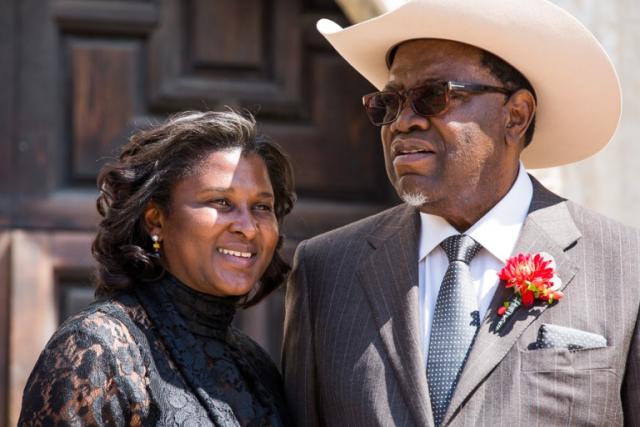
Former First Lady Monica Geingos has stated that the legacy of the late President Hage Geingob belongs to the entire Namibian nation, not to any single individual. The couple is seen here in a file photo. (Photo: Contributed)

Former First Lady Monica Geingos has stated that the legacy of the late President Hage Geingob belongs to the entire Namibian nation, not to any single individual. The couple is seen here in a file photo. (Photo: Contributed)
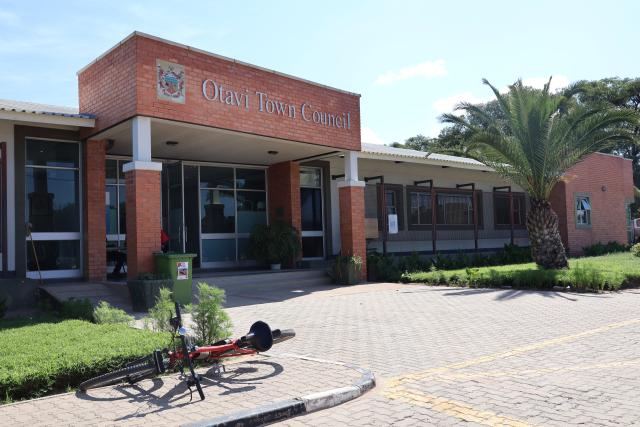
OTAVI, 03 February 2026 - The Otavi Town Council office complex. (Photo by: Mulisa Simiyasa) NAMPA
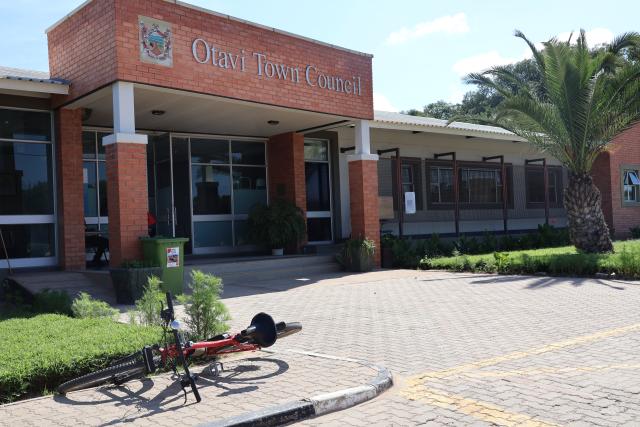
OTAVI, 03 February 2026 - The Otavi Town Council office complex. (Photo by: Mulisa Simiyasa) NAMPA
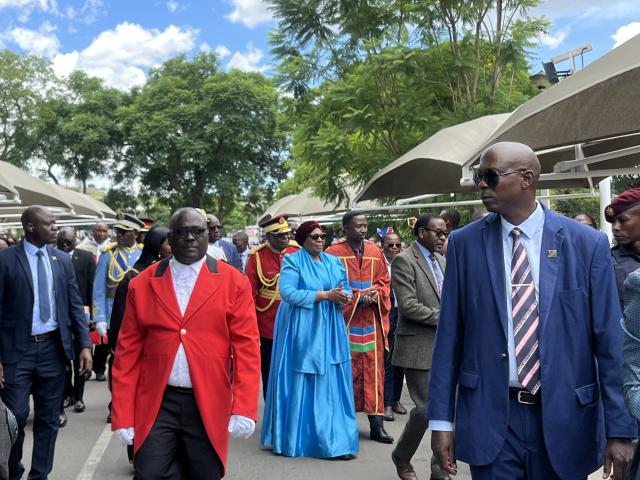
WINDHOEK, 03 February 2026 - President Netumbo Nandi-Ndaitwah arriving at the opening of the third session of the eighth Parliament on Tuesday. (Photo by: Justina Shuumbwa) NAMPA
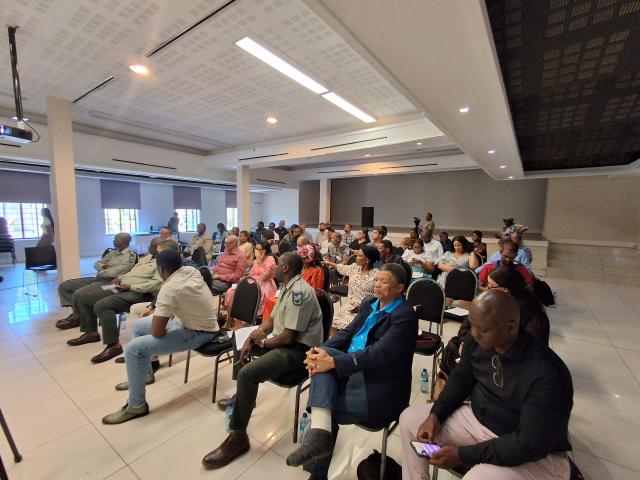
KEETMANSHOOP, 03 February 2026 - ||Kharas stakeholders attending the MEFT consultations at the Moth Hall on Tuesday (Photo by: Romario Rhodes) NAMPA

WINDHOEK, 03 February 2026 - MTC Maris on Tuesday signed a partnership agreement with digital payments distributor Kazang to expand the reach of its mobile money services across Namibia, with a particular focus on underserved and remote communities. (Photo: Contributed)

WINDHOEK, 03 February 2026 - The Ohlthaver and List (O&L) Group on Tuesday donated N.dollars 500 000 towards cancer care in Namibia. Here, Health Minister Esperance Luvindao (R) accepts the donation from O&L Chief Financial Officer Theresa Weitz (L). (Photo by: Molly Weyulu) NAMPA

04 February 2026, Bavaria, Munich: German Minister of Finance Lars Klingbeil takes part in a press conference during the opening of Telekom and NVIDIA's "Industrial AI Cloud" AI factory. Photo: Sven Hoppe/dpa

04 February 2026, Bavaria, Munich: erri Abolhassan, CEO of Deutsche Telekom AG, Dieter Reiter, Lord Mayor of Munich, Markus Soeder, Minister President of Bavaria, Lars Klingbeil, German Minister of Finance, and Tim Hoettges, CEO of Deutsche Telekom AG, attend the opening of Telekom and NVIDIA's "Industrial AI Cloud" AI factory. Photo: Sven Hoppe/dpa

04 February 2026, Bavaria, Munich: Bavarian Minister President Markus Soeder takes part in a press conference during the opening of Telekom and NVIDIA's "Industrial AI Cloud" AI factory. Photo: Sven Hoppe/dpa

04 February 2026, Bavaria, Munich: Bavarian Minister President Markus Soeder takes part in a press conference during the opening of Telekom and NVIDIA's "Industrial AI Cloud" AI factory. Photo: Sven Hoppe/dpa

04 February 2026, Bavaria, Munich: German Minister of Finance Lars Klingbeil takes part in a press conference during the opening of Telekom and NVIDIA's "Industrial AI Cloud" AI factory. Photo: Sven Hoppe/dpa

04 February 2026, Bremen: Werder Bremen's newly appointed coach Daniel Thioune speaks during his introduction press conference in Bremen. Photo: Carmen Jaspersen/dpa

04 February 2026, Bremen: Werder Bremen's newly appointed coach Daniel Thioune speaks during his introduction press conference in Bremen. Photo: Carmen Jaspersen/dpa

04 February 2026, Bremen: Werder Bremen's newly appointed coach Daniel Thioune speaks during his introduction press conference in Bremen. Photo: Carmen Jaspersen/dpa